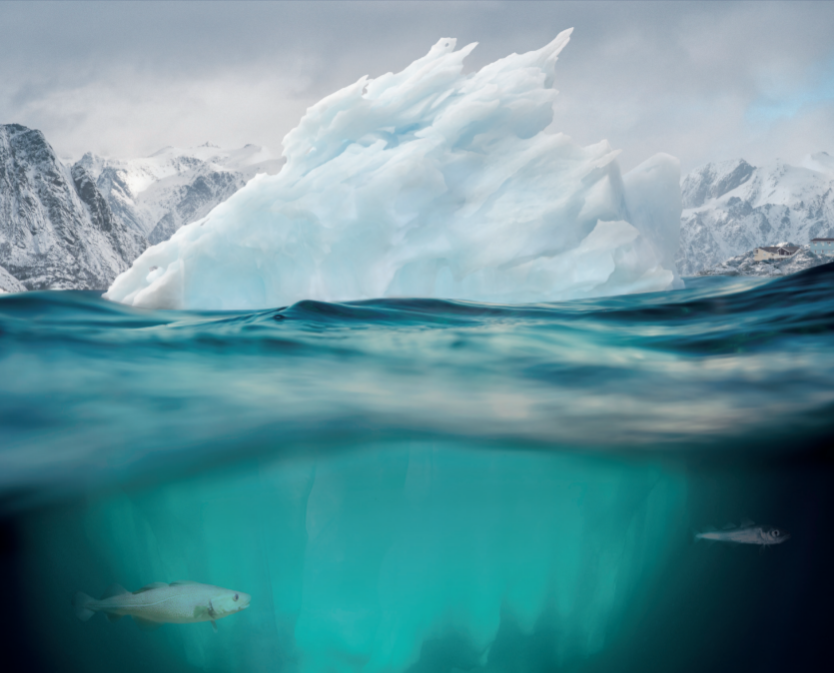Changes in ocean temperatures and ice patterns, due to global warming of the Arctic, have led to an increased risk of foodborne illness, malnutrition, contaminated seafood, and mental health issues, according to a new special report from the Intergovernmental Panel on Climate Change (IPCC).
The new report describes climate change-related effects on the Earth’s oceans, ice, and snow, as well as implications for human health and life.
The report, titled Special Report on the Ocean and Cryosphere in a Changing Climate, was released on September 25. The IPCC is the scientific body of the United Nations that deals with climate science and policy.
The 1000-page long report details the trends in and impacts of rising sea levels, melting ice, and changing ocean ecosystems, including many effects on public health.
In the Arctic, changes in ice patterns have led to increased risks of foodborne and waterborne diseases, malnutrition, injury, and mental health issues.
In high-mountain areas, water quality has been affected by contaminants, especially mercury, released from melting ice.
In coastal areas, harmful algal blooms occur more frequently and more expansively.
Communities highly dependent on seafood also face elevated health risks due to decreased seafood availability, increased levels of pollutants and contaminants in seafood, and increased prevalence of waterborne disease-causing bacteria.
Lancaster County has seen climate-related changes such as higher temperatures and changing rain- and snowfall patterns. Air pollution is also worsened by climate change.
Beside health impacts, these changes also affect economic development and basic human rights around the world.
The report came out days after the UN Climate Action Summit in New York had concluded without any major improvements in countries’ climate commitments. However, it will serve as a key scientific input for the upcoming negotiations during the UN Framework Convention on Climate Change Conference (COP25) in Chile this December.

